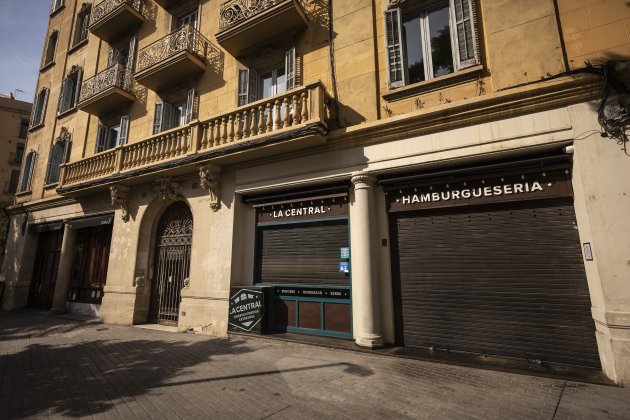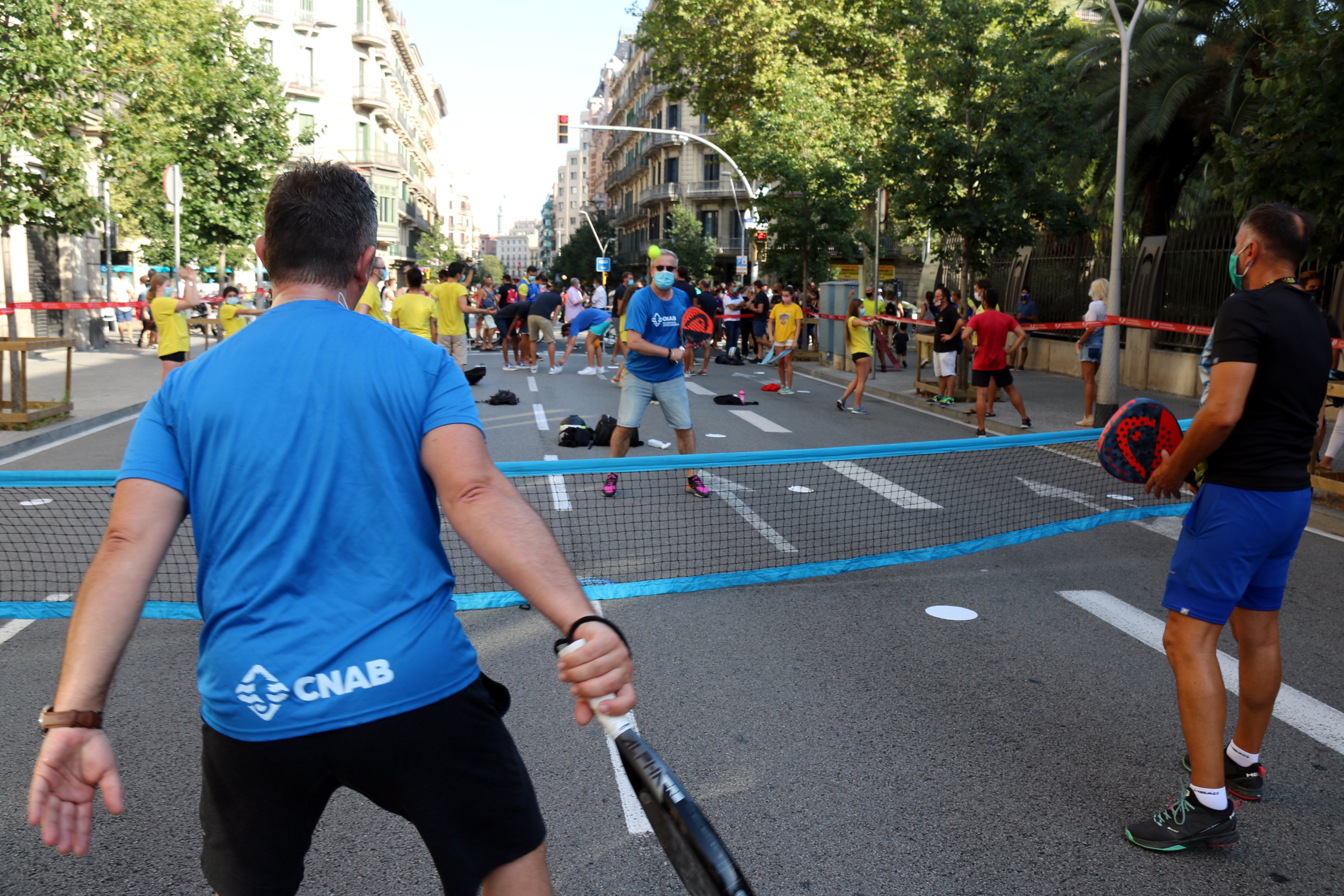The Catalan health service is working on a coronavirus de-escalation plan that it will present to the Procicat emergency committee, intended to be implemented from next Monday, November 23rd. The plan, divided into two week phases, would be reviewed based on how the coronavirus pandemic evolves. Initially, the health authorities plan to maintain the current curfew in Catalonia between 10pm and 6am for at least the next two months, according to radio station RAC1.
The plan will be considered by Procicat committee on Thursday. Under the draft version, the first phase of the de-escalation, between November 23rd and December 8th, provides that:
- Social gatherings cannot exceed 6 people.
- Perimeter confinement of municipalities is maintained, from Friday until Monday as at present.
- Bars and restaurants can open terraces to 30% of normal capacity and the interiors of their premises to 30% of capacity as long as they are well ventilated. Opening hours would be from 6am to 5pm.
- Sports facilities can open outdoor areas allowing users up to 50% of normal capacity. Activities are permitted in groups of up to six, except for federated members of sports associations. Swimming pools can also open, both indoor and outdoor.
- Cultural facilities (cinemas, theatres, concert venues, museums) for up to 600 people can open with 50% capacity.
- Capacity restrictions on shops and businesses are maintained: spaces cannot exceed 30% of normal capacity, with a maximum floor area of 800 m2 allowed to open.
- Theory classes (ie, normal lectures) at universities are maintained in virtual format and extracurricular activities are still closed.
- Religious events and civil ceremonies maintain their current 30% capacity, but with a maximum of 200 people.
Below, the draft of the Catalan health department's de-escalation plan, in Catalan.
Second phase
The second phase of de-escalation, which the proposal envisages taking effect from December 8th, provides for an easing of limits on maximum capacity, and a switch to perimeter closure by counties (comarques) instead of the smaller municipalities. The lifting of restrictions will depend on how the pandemic evolves. Some of the measures proposed by CatSalut for the second phase are:
- Allowed capacities for bar and restaurant terraces and interiors increase to 50% of normal maximum.
- Similarly, shop and small business premises increase maximum capacity from 30 to 50%.
- Sports facilities begin to allow indoor activities with a 50% of normal maximum capacity.
- Cinemas, theatres and concert venues increase up to 70% of maximum capacity. Museums and exhibition halls would remain at 50% capacity.
- Religious events rise to 50%, with a maximum of 500 people.

Restaurants have been closed since October 16 / Sergi Alcàzar
Third phase
In the third phase of the Catalan health department's proposal, gathering of 10 people would becomes possible, although a maximum of two bubbles of "usual cohabitation" could be involved or "one expanded bubble". The weekend perimeter confinement supercedes the county limits and now includes all areas that are in the same phase.
Restaurant and bar hours are extended until 9pm at this point, according to the plan. Museums open up to 70% of their normal maximum, a percentage also permitted for cinemas, theatres and concert halls (maximum 700 people). Shopping malls can reopen to 30%, and sport increases to 70% capacity outdoors, staying at 50% indoors.
Fourth phase
The changes in the fourth phase include a return to 100% attendance at secondary schools and vocational training (FP) institutions, as well as the reopening of all extracurricular and non-formal education. Weekend confinements are eliminated, but the perimeter closure of Catalonia and the curfew are maintained. Limits on crowd capacity in culture and entertainment remain at 70%, but the maximum number of people in a single space goes up to 1,000. Sports competitions return. Shopping centres reopen at 50% of capacity, except for common spaces.
A maximum of 1,000 people may gather for religious events and civil ceremonies. Throughout this plan, virtual theory classes at universities are maintained.
An alternative proposal
In the case of the hospitality industry, the Catalan health ministry proposal differs from the proposal made by the sector, which had the approval of the Catalan enterprise ministry. The plan envisaged by the sector rejects the closing time of 5pm and instead suggests that establishments should be allowed to serve evening dinners at a "European timetable". The restaurant associations also propose that capacity restrictions should be eased to 50% if the safety distances between dining tables can be guaranteed, as well as the implementation of other safety measures: temperature checks, strict access controls, use of mask between courses, ventilation of spaces and a record of people who have been on the premises.

